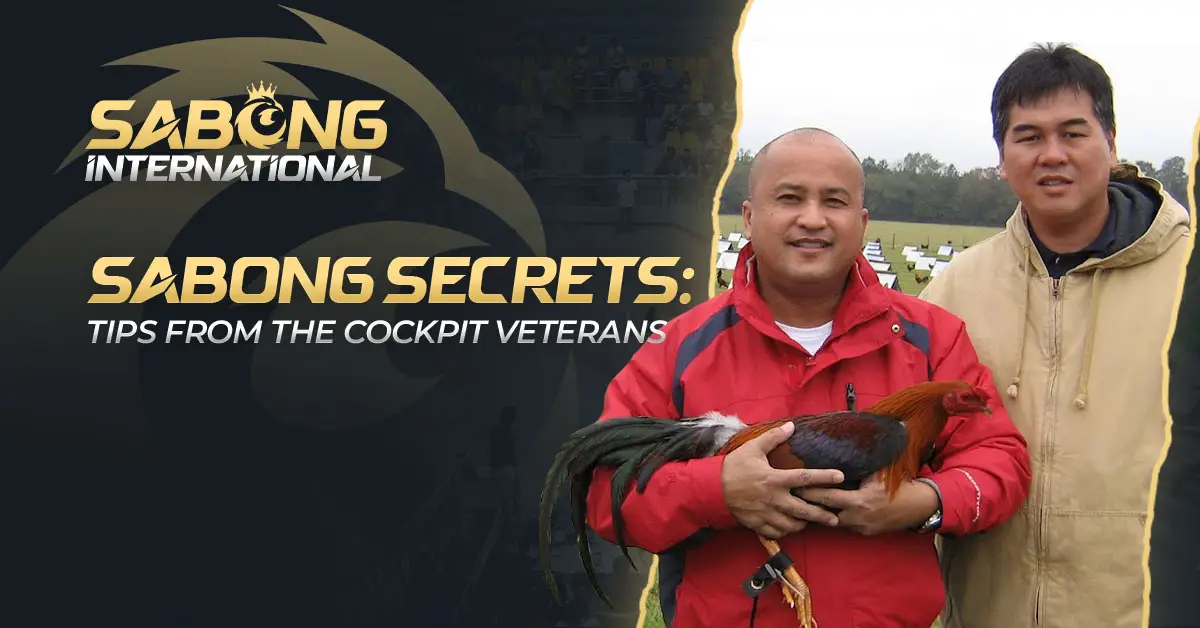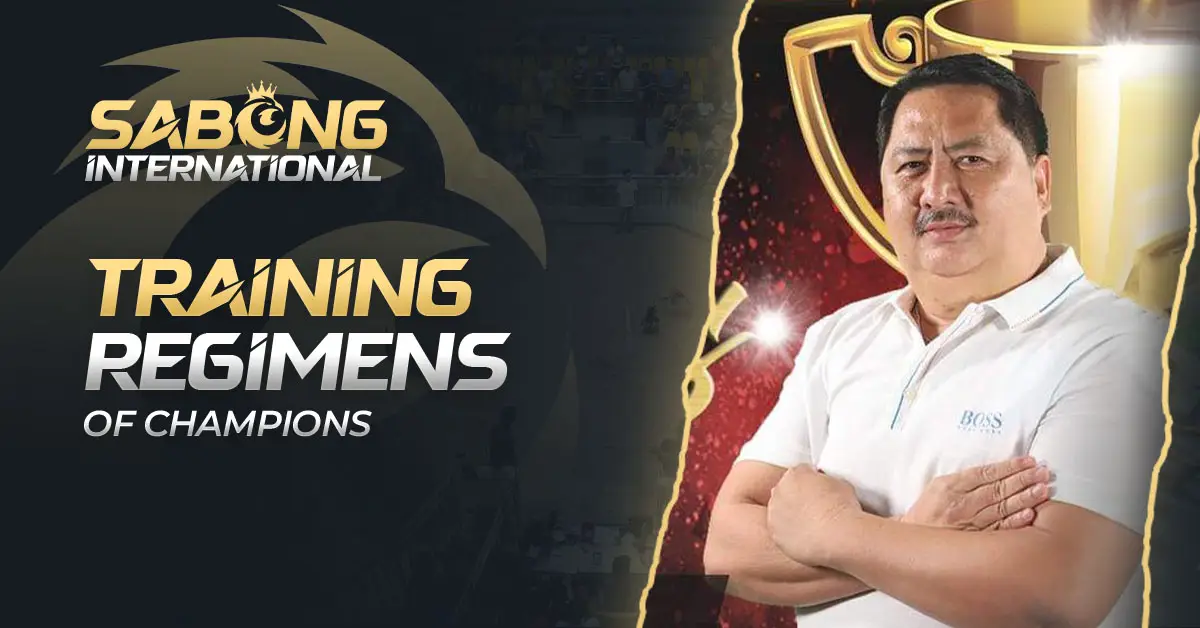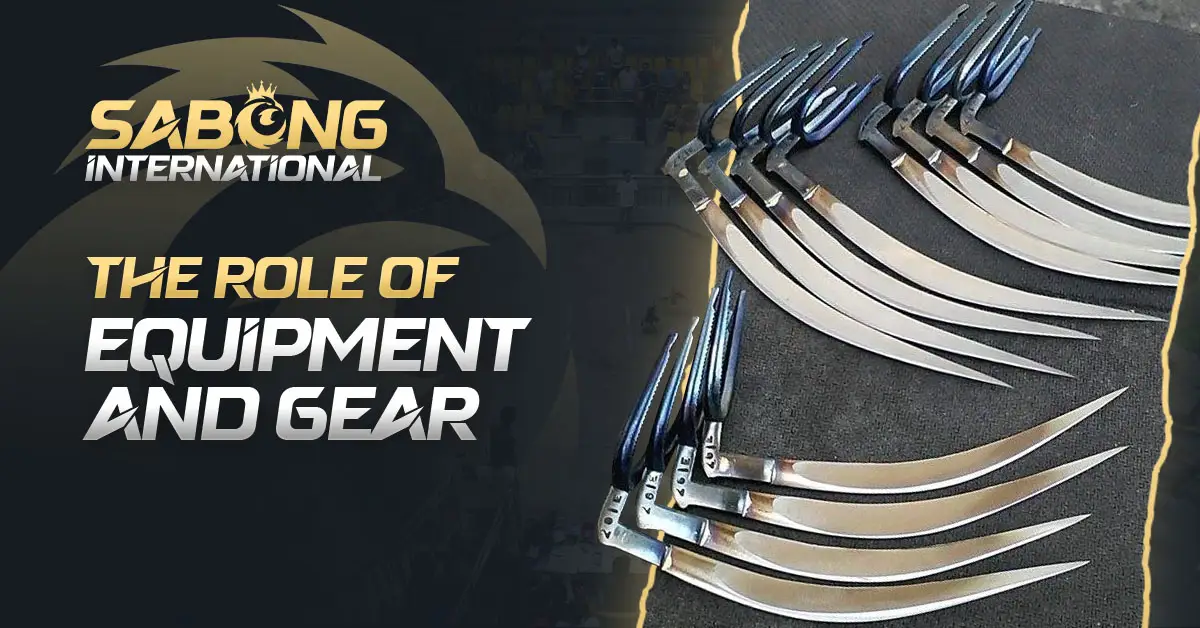Sabong Secrets: Tips from the Cockpit Veterans

In the world of sabong, the wisdom of cockpit veterans is invaluable. These seasoned experts hold the sabong secrets that can transform an average fighter into a formidable contender in the ring. Their time-tested strategies and insights are the hidden gems of this traditional sport.
The Foundation of Success in Sabong
Understanding the Basics
The Role of Genetics
Genetics play a pivotal role in breeding a champion gamefowl. Veterans advise:
- Selecting for Strength and Agility: Look for birds that exhibit natural strength and agility. These traits are often hereditary and can give your gamefowl a competitive edge.
- Temperament Matters: A calm yet aggressive bird is often the product of careful breeding. The right temperament can make a significant difference in the ring.
Nutrition and Conditioning
A champion bird is not only bred; it’s also made through proper nutrition and conditioning. Here’s what the veterans suggest:
- Balanced Diet: Provide a diet rich in proteins, vitamins, and minerals. A well-fed bird is a strong bird.
- Regular Exercise: Establish a consistent exercise regimen that builds endurance and muscle.
Selecting the Right Bird
Reading Gamefowl Behavior and Traits
Cockpit veterans spend years learning to read their birds. They look for:
- Alertness: A bird that’s alert is more likely to perform well in the ring.
- Physical Attributes: Strong legs, a robust body, and keen eyes are all signs of a potentially successful gamefowl.
Insights on Selecting Contenders
Veterans often share stories of how they picked their champions. They usually involve:
- Observation: Watching how a bird interacts with others can provide valuable insights into its fighting potential.
- Past Performance: A bird’s history in the ring can be a reliable indicator of future success.
Sabong Secrets: Training Regimens of Champions

Developing a Training Schedule
A good training schedule balances work and rest. Veterans recommend:
- Incremental Increases: Gradually increase the intensity of training to build up the bird’s strength and stamina.
- Rest Days: Allow for adequate rest to prevent burnout and injuries.
Exercises Used by Veterans
Veterans have developed specific exercises that they swear by:
- Wing Strengthening: Exercises that focus on wing strength can give a bird the upper hand in aerial maneuvers.
- Leg Workouts: Strong legs are crucial for delivering powerful strikes.
Mental Conditioning
The mental aspect of training is just as important as the physical. Veterans focus on:
- Desensitization: Exposing birds to the sights and sounds of the cockpit to reduce stress during actual fights.
- Bonding: A strong bond between handler and gamefowl can improve performance.
The Cockpit Environment
Dynamics of the Cockpit
The cockpit is a chaotic place, and birds must be prepared for it. Veterans understand that:
- Noise Levels: Birds need to be accustomed to the noise of the crowd.
- Arena Surfaces: Different arenas have different surfaces, and birds should be comfortable with all types.
Adapting Strategies
Veterans are adept at changing their strategies based on the environment and opponent. They consider:
- Opponent’s Style: Adjusting tactics to counter the opponent’s fighting style.
- Environmental Factors: Taking into account factors like humidity and temperature, which can affect a bird’s performance.
Handling Pressure
The pressure of the cockpit can be intense. Veterans have learned to:
- Stay Calm: A calm handler can keep a bird focused.
- Read the Room: Understanding the crowd’s energy can inform strategic decisions.
Advanced Strategies from the Cockpit
The Art of Matchmaking
- Weight and Reach: Pairing your bird against an opponent should involve careful consideration of weight classes and reach.
- Fighting Style Compatibility: Some birds fight better against certain styles. Knowing your bird’s strengths can help you choose favorable matchups.
The Psychology of Fighting
- Confidence Building: Birds, like humans, can sense confidence. Training should include boosting your bird’s confidence through controlled victories.
- Stress Management: Techniques to manage a bird’s stress can prevent panic in the ring, which often leads to defeat.
The Role of Equipment and Gear

Sparring Gloves and Muffs
- Protection: Using protective gear during training spars helps prevent injuries.
- Realism: Simulating actual fight conditions with gear can prepare a bird for the real thing.
Conditioning Tools
- Treadmills and Slings: These tools can help in building endurance and wing strength.
- Altitude Training: Some veterans swear by training at higher altitudes to increase lung capacity and stamina.
Health and Wellness
Regular Health Checks
- Veterinary Visits: Regular check-ups can catch health issues before they become serious.
- Parasite Management: Keeping your birds free from parasites is crucial for maintaining their health and energy levels.
Injury Prevention and Recovery
- Proper Warm-Up: Just like human athletes, gamefowl benefit from a proper warm-up routine before training or fighting.
- Rehabilitation: After an injury, a carefully managed recovery can bring a bird back to fighting condition.
The Ethical Considerations
Humane Treatment
- Quality of Life: Ensuring that gamefowl have a good quality of life is paramount.
- Retirement: When a bird’s fighting days are over, providing a comfortable retirement is the right thing to do.
The Future of Sabong
- Regulation and Oversight: As the sport evolves, so too does the need for regulation to ensure the welfare of the birds and the integrity of the sport.
Conclusion: The Path to Cockpit Mastery
The insights from cockpit veterans are more than mere tactics for victory; they embody the essence of sabong secrets. These seasoned experts offer a wealth of knowledge that speaks to the heart of the sport, emphasizing respect for the tradition, the gamefowl, and the tight-knit community of enthusiasts. Their guidance is a testament to the dedication and patience required to master the art of sabong.
For those looking to delve deeper into the world of sabong, to learn from the masters and perhaps become one themselves, exploring comprehensive platforms dedicated to the sport can be invaluable. Discover a realm of sabong expertise by visiting the hub of champions, where the legacy of the cockpit lives on.


